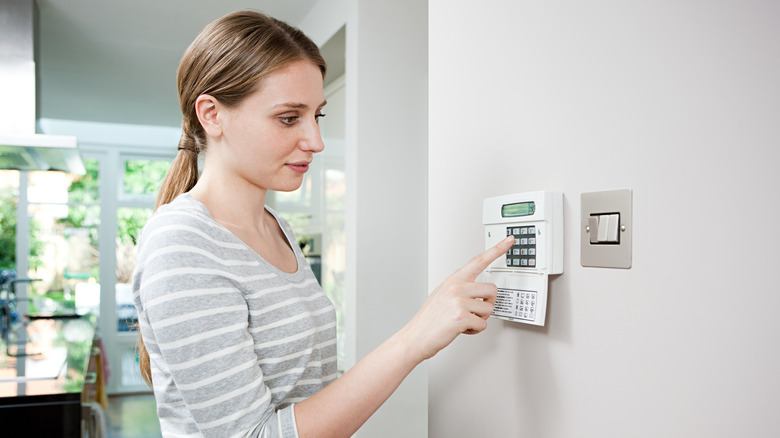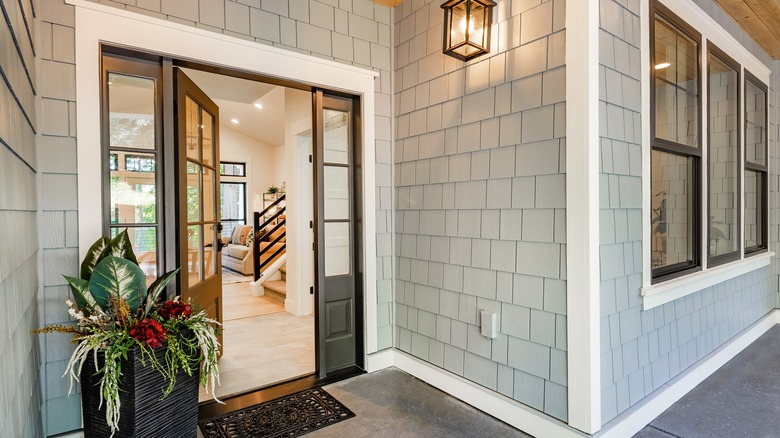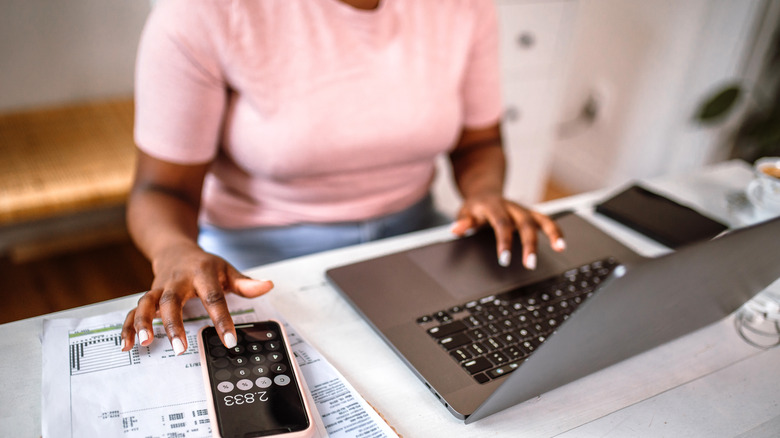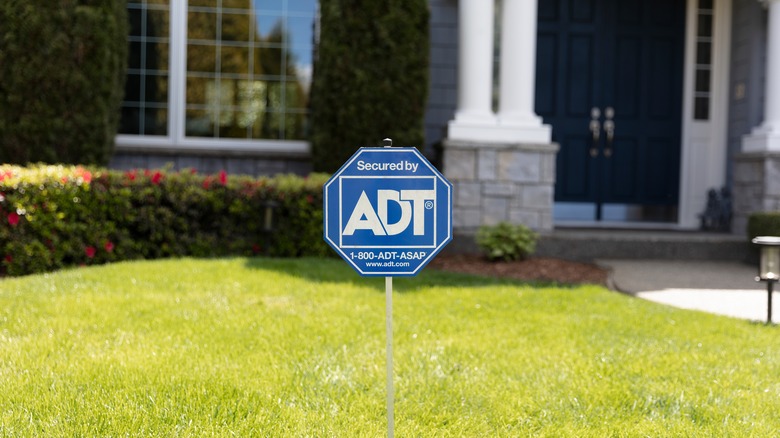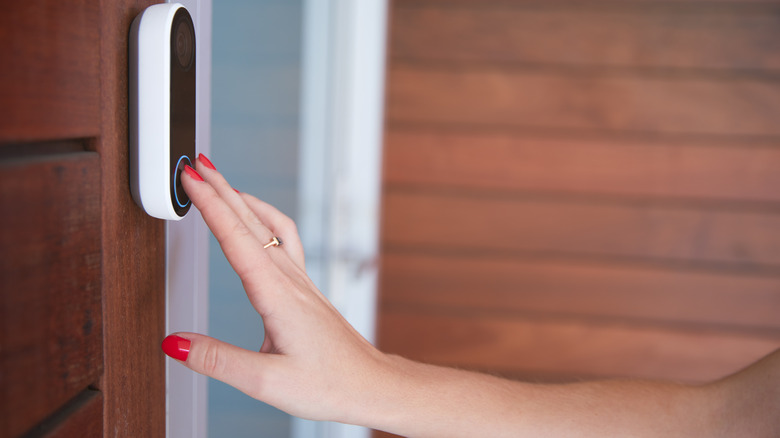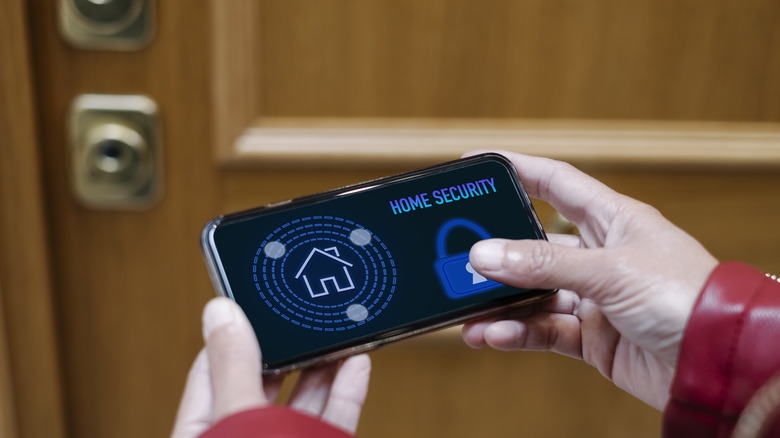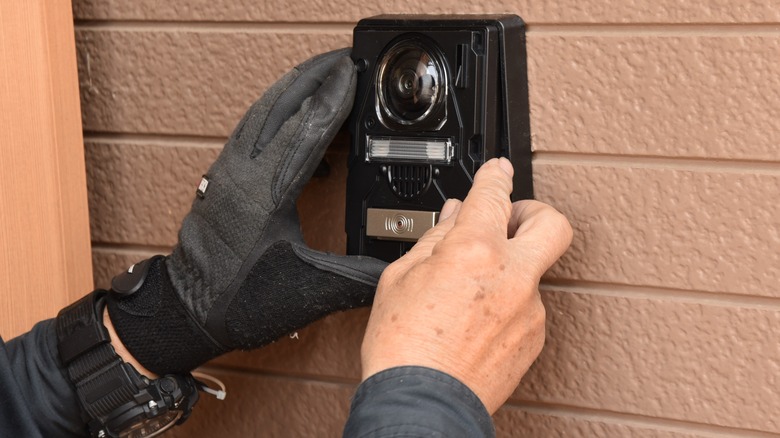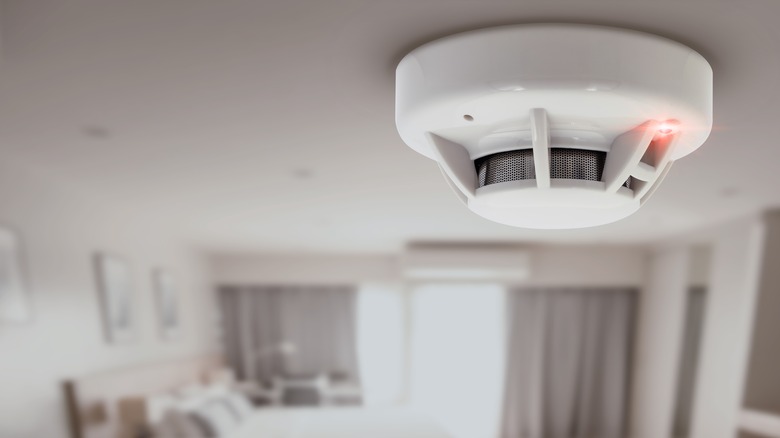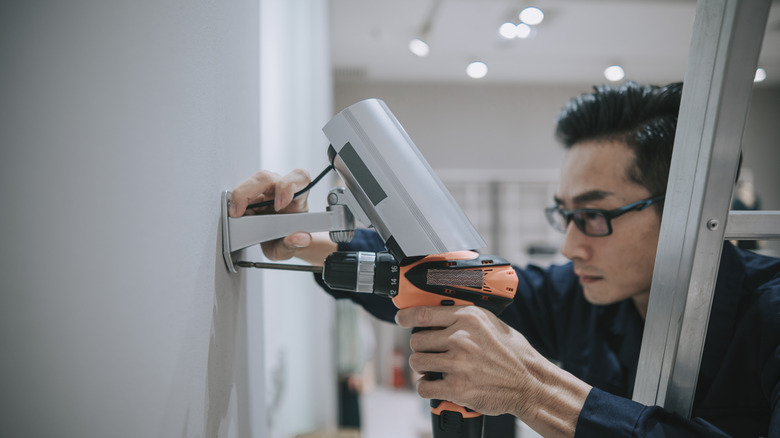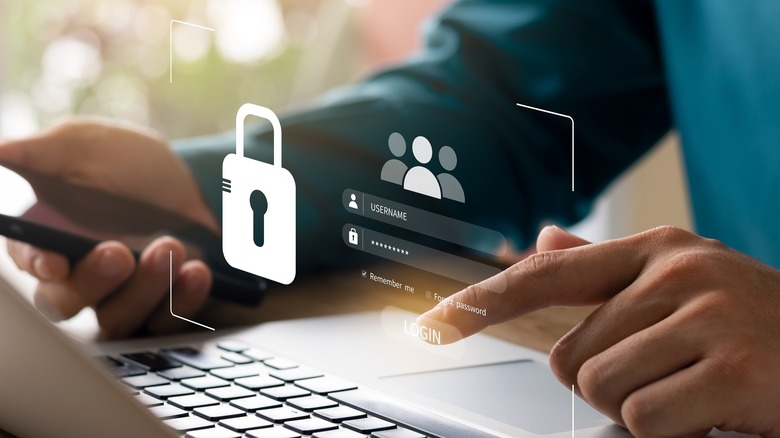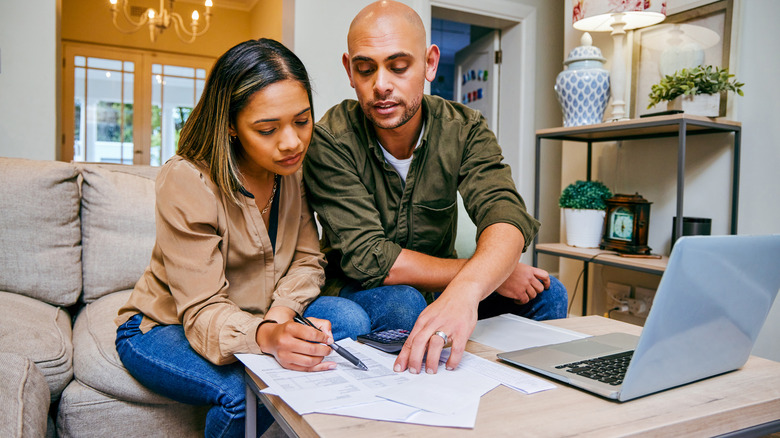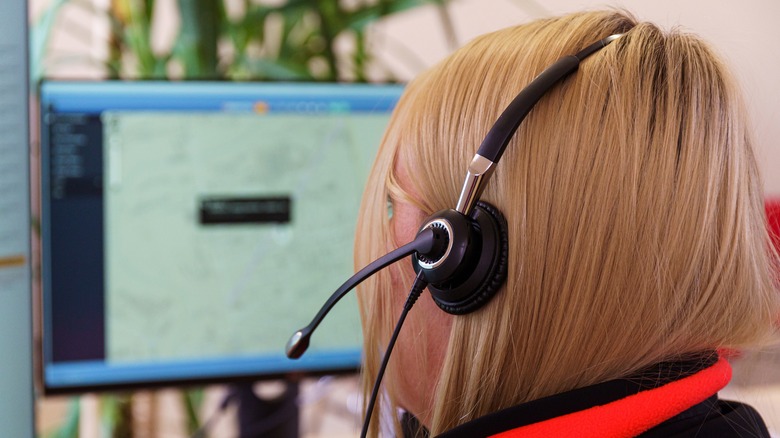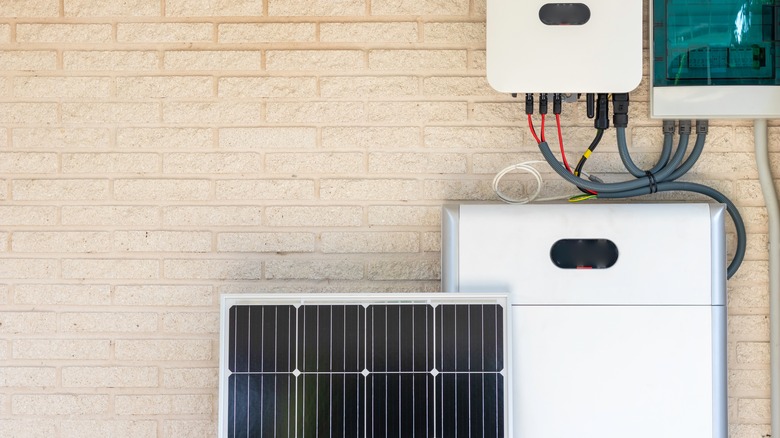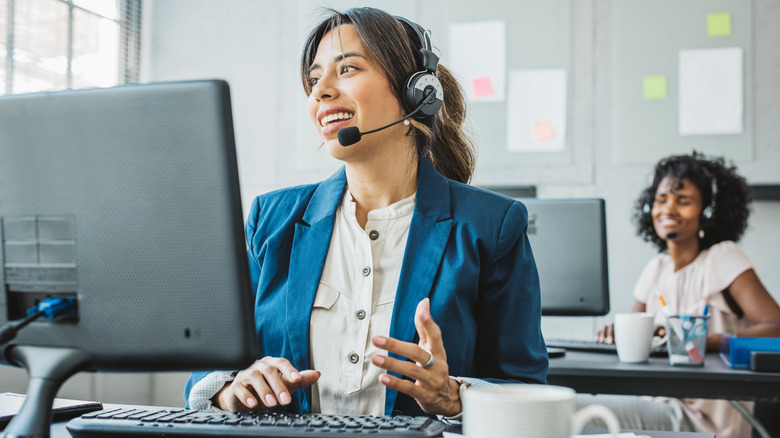How To Choose The Best Security System For Your Home
How do you buy a home security system when there are so many options on the market? Our homes are our sanctuaries, filled with valuable possessions and cherished memories. We all want to keep them safe. However, with so many different security systems available, finding the best one can seem like navigating a complex maze. From traditional alarm systems to types with smart home integration, the choices are endless, and it's easy to become overwhelmed. However, if you can understand what to look for in a system to suit your specific needs, you have the upper hand since you can narrow down your options based on your budget and personal preferences.
This guide is here to help you make an informed decision. From considering your specific needs to exploring the features and technologies available, it breaks down the essential factors that can help you find the best security system. By arming yourself with knowledge, you can confidently navigate the sea of options and find the perfect security solution that brings you the peace of mind and protection you deserve.
1. Assess your home's specific security needs
The first step in choosing the best home security system for your needs is to evaluate your home's vulnerabilities to determine what you want to protect. You need to consider the size of your property, the number of entry points it has, and any existing security measures you already have in place. To help you picture things better, you should walk around the exterior of your house. Try to look at it from the POV of a potential intruder. Look for weak spots like damaged doors, easy-to-open windows, or a garage door you leave slightly open for your cat. Make a note of these areas that seem particularly vulnerable, so you can keep them in mind when choosing a system.
You should also think about the overall accessibility and visibility of your home. Do you live in a high-traffic area with people walking around all the time? While you might think this means you will always have eyes on your property, it might also mean your neighbors don't know you, and someone sneaking into your home won't seem out of place. The same could be said for a country home in the middle of nowhere. There may be less people around, but when there is someone walking by, could they easily break in? Thinking about the unique location of your home and its weak spots will help you decide what kind of features you need to look for in a system.
2. Set a budget
The next step to choosing the best home security system is to set a budget. Once you know what you want to protect, you need to know how much you can spend. This will help narrow down your options significantly. It's essential to strike a balance between cost and the level of security you require, as the more expensive systems tend to have more extensive coverage.
At the lower end of the spectrum, you might feel covered by just a digital doorbell, like Ring, Nest Doorbell, or Eufy. These video doorbells typically run in the $100 to $300 range. They can provide just enough peace of mind by monitoring packages on the front porch, plus anyone else who stops by, whether you are home or not. They may also require you to purchase a subscription to record video or view footage from your phone, which can cost around $5 to $10 a month.
If you live somewhere with high crime or are protecting extremely valuable home contents, these likely won't cut it. If you plan to install bulletproof doors, a safe room, and 24/7 on-site monitoring, your budget can easily balloon to well over six figures. However, there are obviously happy medium options between these two as well. Of course, how much it will cost to install a security system will be determined by how much coverage you desire.
3. Evaluate professional vs. self-monitoring services
Based on your budget and what you need to protect, your next decision should be whether you want to pursue professional or self-monitoring security services. One is not technically better than the other. The choice just depends on what you need for peace of mind.
The benefit of professional monitoring is mainly the 24/7 help available from people highly trained in dealing with emergencies. Often a security company will call the police or ambulance on your behalf. If you are unreachable when the alarm sounds, you can have peace of mind knowing someone else will handle it for you. Because of this, these services are often more expensive, ranging from $600 to $1,200, including set-up costs and hardware, and then an ongoing monthly fee of $20 to $60. This also means that you might be in a situation where the infrastructure fails and you don't have a backup option because you trusted that it was all handled.
Self-monitoring services eliminate professional monitoring fees, making them a more budget-friendly option. They range from $9 contact sensors to $400 outdoor security cameras. As a third-party monitoring company is not involved, they offer more privacy and control over your data. However, you have a great responsibility. Everything about monitoring alerts and responding to emergencies falls on you. You need to be vigilant and able to take immediate action when an alarm is triggered.
4. If you go professional, look for a reputable provider
If you've decided to go with a professional security service, you might choose between a national company like Brinks or ADT or a smaller regional option. No matter what professional provider you choose, there are a few key things to make sure they have. The first is licensing. Licensing requirements vary by location, but reputable providers should comply with local laws and regulations governing the security industry. Examples would be having a license through the California Department of Consumer Affairs in California or the Texas Private Security Board in the Lone Star state.
A good security company should also have certifications to ensure its services are what they say they are. These could be recognition by the Electronic Security Association (ESA), National Burglar and Fire Alarm Association (NBFAA), or the Security Industry Association (SIA). Having these certifications means that the provider has met certain standards and its employees have often undergone training and testing in the field. In addition to this, be sure to read specific reviews for the company you are interested in. Avoid the company website, as those might be biased. Instead, look on third-party websites like Angie's List and Google Reviews. Finally, also keep in mind that professional services will often come with a contract, which could either outline the terms of the agreement per month or over a longer timeframe, such as a few years.
5. If you go DIY, choose a well-reviewed device
If you choose to monitor your home and install your home security system by yourself, there are still a few key things to look out for. The first is, just like a professional company, you want to carefully read the reviews for the product. Most companies include reviews and testimonials on their sales pages, but to get the truth, go to a third party. This could be the point of purchase, like Amazon, Walmart, or Target, or review-specific sites, like Google, Angie's List, or the BBB. The reviews of three and four stars tend to be the most honest, as they will point out a system's true pros and cons without gushing or defaming.
Unlike professional services, DIY options like Ring, Simplisafe, or Abode often don't have certifications or professional memberships. However, some options provide a bit of a "hybrid" option where off-site professionals do a bit of monitoring of your property, too. For example, Ring has a security option called Ring Protect Pro which requires a monthly fee ($20) and allows you to have the benefits of a professional security system with a simple doorbell camera.
6. Test ease of use and the app
A good security system should be user-friendly and intuitive. When selecting a system for your home, look for simple installation processes and easy-to-navigate interfaces. This is especially important if you go for the DIY option, as you'll have to install and control the system yourself. If it's integrated with voice assistants like Alexa or Google Assistant, make sure you feel comfortable using AI, or if it requires you to punch in a code by the door, make sure you understand the interface screen without trouble.
Most modern security systems can also be controlled via an app on your smartphone. Therefore, before deciding which security system is right for you, consider how easy the app is to use. Also look into what the app allows you to do when away from your home. For instance, some types allow you to unlock doors, see a live video feed, and arm your security system. If your security system is integrated with other smart technology integrations like your thermostat and lights, you may be able to control these features from the app as well. Also consider if the app requires an additional monthly fee for you to gain access to all the perks.
7. Consider the compatibility with your home
Unfortunately, it doesn't matter how easy something is to install and use if it doesn't work with your home in the first place. If you have an older home, particularly a heritage one, ensure the system works with your existing wiring before purchasing it. For example, if you have knob-and-tube wiring, which is no longer up to code as it was only popular before 1950, you'll need to swap it out before proceeding. That's because it can't handle the amount of electricity tech objects need to use, which can lead to shocks, breaker failure, and even fires.
Your home might also already come with a security system from a previous owner, so you will need to confirm if you can either use the same company with your own contract or if you can replace their system. If you already bought other smart home devices like cameras, door locks, or motion sensors, ensure the security system can work with them as well. If it cannot, you might be able to sell the items to get back some of your money.
8. Think about environmental monitoring
Some security systems offer additional sensors to detect things like smoke, carbon monoxide, or water leaks. These are an essential part of home security, as environmental hazards can pose significant risks to the safety and well-being of your family. While a fire alarm or water leak detector might not seem like much, they can save you thousands of dollars in damage by alerting you to issues as soon as possible. Plus, carbon monoxide is a clear and odorless gas that can be lethal when undetected. Having environmental sensors that can detect things like this can provide an additional layer of protection to keep both your home and your family safe. Ensure you know how often you'll need to replace your carbon monoxide sensors or other environmental devices.
This protection is so important that some insurance providers may even offer discounts on your homeowners' insurance premiums if you have these environmental monitoring systems in place. Kind of like a good driver discount on your car insurance, these systems demonstrate a proactive approach to risk prevention. This can make your home less susceptible to damage, thus reducing the likelihood of insurance claims. This looks good to your instance company, so it rewards you with lower premiums.
9. See if the system is scalable
Scaling a home security system means you can expand or adapt the system to accommodate changing security needs and the size of your property. It means that you choose a system that has the flexibility and capacity to one day handle additional devices, sensors, etc., as your requirements evolve. For example, if you initially install a basic system to cover your main entry points, you may later want to expand it to include additional areas like windows, backyard access points, or detached buildings. You might also want to add cameras and security lights. By choosing a scalable system from the beginning, you can easily integrate new devices without a significant reconfiguration or replacement of the entire system. This will save you considerable time and effort.
Scalability also allows you to future-proof your investment. Technology advances rapidly, and your security needs may evolve as your family or property expands. Yet the concept even works on a smaller scale, like with the addition of new smart devices. As the number of smart devices in homes increases, scalability becomes crucial. More things become "smart" every day, like door locks, lights, and even power outlets. Choosing a system that supports this integration ensures that your security system can grow alongside your smart home ecosystem.
10. Ensure the privacy of your data
Because of the increasing integration of smart devices into home security systems, data privacy is a crucial consideration when choosing the best one for your home. The perfect company for you will prioritize data encryption and secure cloud storage for any video, photo, or audio surveillance of your home. Ensure that the company you choose prioritizes data encryption both during transmission and storage. Encryption helps protect your data by converting it into unreadable code, making it difficult for unauthorized individuals to access or decipher. This can keep your children safe from hackers on video monitors or outside individuals from disabling your system. Ideally, you should be able to manage permissions and provide access only to trusted individuals. Additionally, consider systems that offer two-factor authentication to add an extra layer of security.
In addition to these things, the best security company will also have transparent privacy policies in place to protect your personal information. A good policy should explicitly state how the company handles and protects your personal information and whether it will share it with third parties. Most people tend to sign contracts and click "agree to terms" without really looking, but when it comes to such sensitive data, be sure to read through the entire thing.
11. Check for warranty and maintenance options
Before buying, verify if the security system comes with a warranty and what it covers. The best home security systems will have comprehensive warranties, as they are a testament to the product's reliability and can give you peace of mind that you are covered, even in the face of malfunction.
The warranty for your home security system should cover a few main things. The first is malfunction or defect coverage. This includes issues with cameras, sensors, control panels, or other security system components. If any part fails to function properly due to manufacturing defects or faults, the warranty ensures that repairs or replacements will be provided at no additional cost. A comprehensive warranty may also include periodic maintenance services to keep your security system in optimal working condition. This can involve software updates, system checks, or inspections to identify any potential issues before they escalate.
Some companies offer the option to purchase extended warranties beyond the standard coverage period. These extended warranties provide prolonged protection for your investment, offering an extra layer of security and peace of mind. Whether or not the choice you go for involves this option depends on your personal risk tolerance.
12. Evaluate the system's false alarm prevention measures
False alarms can be annoying, as no one likes to go through the stress of turning off the blaring alarm set off on accident. While it's a good thing no one was actually in danger, sometimes false alarms may lead to fines if the police or fire department show up for a non-issue, or you might develop a strained relationship with your neighbors because of the noise.
To avoid this, you should choose a security system with features like intelligent motion detection, which can tell the difference between a human, an animal, and an object. This way, a branch brushing your window won't set off the alarm, but a person trying to break it will. Some companies also offer options like pet immunity on any internal sensors. While you might leave yourself vulnerable to letting a raccoon roam undetected with this feature, you won't have to deal with human-masked bandits, as it will still catch those. Finally, the best security systems offer a "code word" system, which means that if the alarm goes off, you get a call or text asking for the code word. If it was you, simply state it. If not, or if you don't answer, things get passed to the police.
13. Assess the system's backup power options
Power outages can leave your security system vulnerable. If it's a dark and stormy night and suddenly you have no cameras, access to your smart locks, or flood lights, your home might be a prime target. To avoid dangerous situations like this, check to see if the system you plan to buy has backup power options, such as battery backups or generators. This way, you can make sure it remains operational during power disruptions.
Batteries should be just fine for smaller operations like doorbell cameras, DIY motion sensors, and the like. You should be able to install them yourself. Where it gets tricky is home-wide professional systems. Are you required to purchase a generator to cover the power gap, or does the company include this in its fee? Will the generator always be connected, or will you need to set it up if a storm or other power event is expected? Always ask these questions before signing any sort of contract for a home security system.
14. Consider the customer support
Whether you choose a national security company with 24/7 support or a small DIY video doorbell company, it's still a good idea to check out the quality of its customer support before you buy anything. Start by evaluating their availability if you need help, both in emergency or non-emergency situations. Is it really 24/7, or just 9 am to 5 pm during the week? You should also read reviews about the company's responsiveness. Is the support team responsive? What was it like when customers experienced a break-in, power outage, or glitch in the system? Did they get the help they needed and fast? Does the company follow up after the fact, or just leave customers on their own?
This responsiveness should apply to all manners of contact. If you are traveling overseas and cannot call them, for example, will the support team promptly solve your problems through social media, live chat, or email? These are all things to consider.
